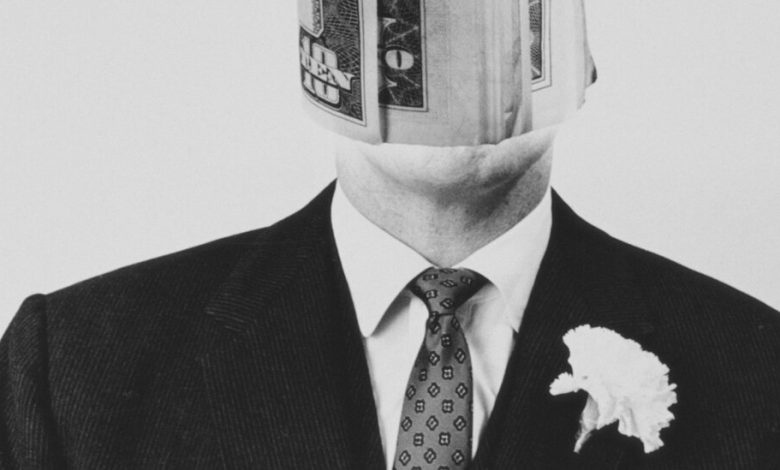There’s a Reason Trump Has Friends in High Places

Among the features that distinguish capitalist society from its predecessors, the political theorist Ellen Meiksins Wood once observed, is “the differentiation of the economic and the political.”
The state, Wood pointed out, “stands apart from the economy even though it intervenes in it,” so that everyone — owner and worker, boss and bossed — can claim ownership in it “without usurping the exploitative power of the appropriator.”
Or as the philosopher Nancy Fraser puts it, “the power to organize production is privatized and devolved to capital” while the “task of governing ‘noneconomic’ orders, including those that supply the external conditions for accumulation, falls to public power, which alone may utilize the ‘political’ media of law and ‘legitimate’ state violence.”
The upshot of this dynamic is that democracy under capitalism is necessarily of limited scope. We have the power and capacity to regulate and structure the market, but the fundamental questions — of production and surplus, of ownership and social reproduction — are beyond the reach of democratic decision-making as presently constituted.
But even the weak grasp of capitalist democracy is too strong for, well, capitalists. “Capital,” Fraser writes, “tries to have it both ways.” On one hand, “it freeloads off of public power, availing itself of the legal regimes, repressive forces, infrastructures, and regulatory agencies that are indispensable to accumulation.” On the other, “the thirst for profit periodically tempts some fractions of the capitalist class to rebel against public power, to bad-mouth it as inferior to markets, and to scheme to weaken it. In such cases, when short-term interests trump long-term survival, capital once again threatens to destroy the very political conditions of its own possibility.”
We can see this phenomenon during key junctures in American history. The Great Depression saw some sections of the business and corporate class contemplate dictatorial rule in an effort to save capitalism from a “socialist” or “communistic” New Deal. There was, in the view of Franklin Delano Roosevelt, “an impulse among a good many ‘strong’ men, men used to having their way, mostly industrialists who directed affairs without being questioned, a feeling that democracy had run its course and that the totalitarians had grasped the necessities of the time.”
